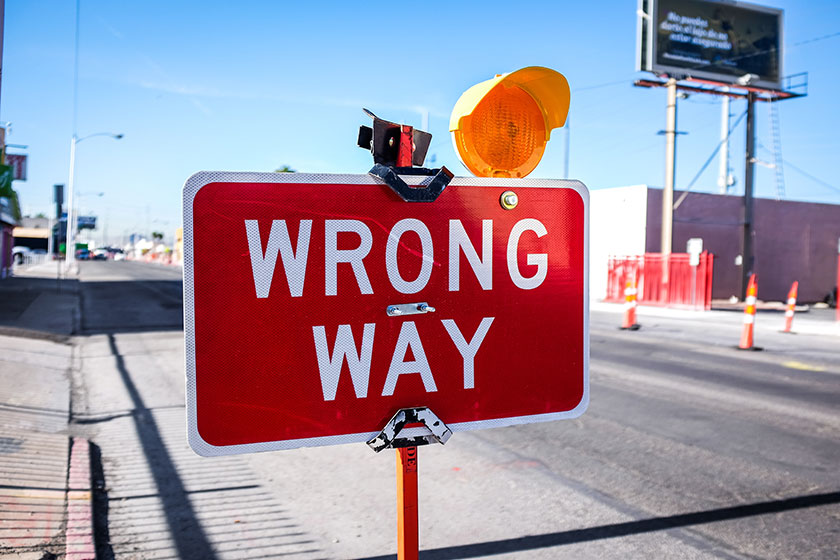
After spending my early years in the United States, a sudden move to the former Soviet Union as a missionary kid forced me to acclimate to a new language, culture, and lifestyle.
Cultural differences affected every aspect of my life, from the slang I learned, to how I dressed—even how I made a peanut butter and jelly sandwich! I considered myself an American, but I wasn't a normal American, as I soon found out.
Dropped into the middle of Missouri at 18, I had no driver's license, no work experience, and an outdated understanding of American culture. I felt like everyone was watching me, waiting for me to mess up. It was hard to make choices that seemed routine for others. It was even harder to ask for help.
The culture shock I experienced is just a taste of what it's like for men and women returning home from prison.
WHEN PRISONERS RETURN
Returning citizens released from prison often struggle to readjust to life on the outside. Whether they were incarcerated for 10 months or 10 years, they leave a strictly regulated world for one full of choices.
How they perceive themselves and who they're "supposed to be" often leads to anxiety and poor decision making. In his book, "When Prisoners Return," Pat Nolan—a former California assemblyman imprisoned for racketeering—recalls how difficult it was to re-enter society:
For two years I hadn't been allowed to make any choices about what I ate. Now I was having a hard time adjusting to the simple options most people face every day. … When faced with a baffling array of options, is it any surprise that so many newly released prisoners make some bad choices and end up back in prison?"
Prisoners with long sentences can become "habituated" or "institutionalized" to the prison environment. Even those who are incarcerated for a short time can become dependent on the regimented prison routine, where daily choices of what to eat, what to wear, where to go, and what to do are determined by someone in authority.

WHEN THERE'S MORE THAN ONE 'RIGHT' CHOICE
The unsettling reality of freedom can send former prisoners searching for the "familiar"—friends, hangouts, and lifestyles from before their incarceration.
Returning citizens know the odds against them. Statistically, two out of three prisoners are rearrested within three years of their release. They face stigma and rejection as they search for jobs, homes, and educational opportunities. In addition, collateral consequences—the legal restrictions placed on former prisoners—remind them they have yet to win back their community's trust.
The added anxiety of looking foolish in front of others can push returning citizens into making poor choices with far-reaching consequences.
CLAIMING OUR SECOND CHANCES
My return to American society did not come with the stigma of a criminal record. However, I still needed to humble myself to find supportive friends who could help guide me. Today, 13 years later, I'm still nervous about choosing the "right" kind of toothpaste, but my support network and my foundation in Jesus Christ have helped me find my place.
Pat Nolan regained his decision-making skills as his family and friends patiently supported him through re-entry. He later served as a vice president with Prison Fellowship, advocating for criminal justice reforms. Today he is the director of the American Conservative Union Foundation's Center for Criminal Justice Reform.
This April, Prison Fellowship will celebrate the second annual Second Chance Month, a time to raise awareness of the collateral consequences that keep formerly incarcerated Americans from successfully rejoining society. If you are passionate about breaking down barriers and creating opportunities for second chances, join us as we declare April 2018 Second Chance Month!
THE SHORTIMER HANDBOOK
Want to learn more about helping prisoners with re-entry? Check out "The Shortimer Handbook"! Much of the information comes from former prisoners—including Pat Nolan—who understand the issues of re-entry and the need for broad support from the Church and community.
"The Shortimer Handbook" is an excellent resource for returning prisoners, their families, and churches looking to welcome them back into society.